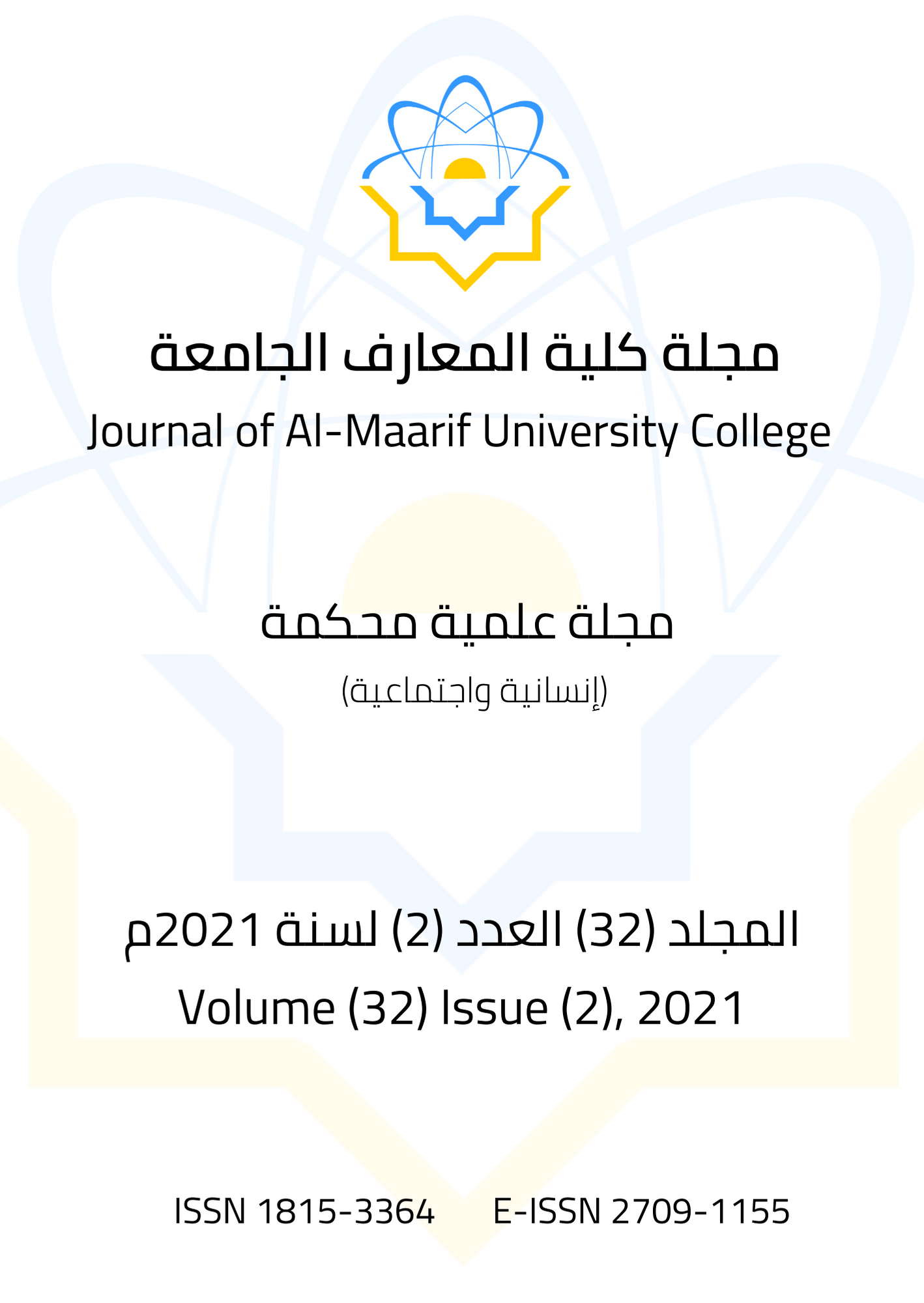Measuring The Sources of Inflation in The Iraqi Economy Using a Model Self-Regression of Slowed Distributed Time-Laps (ARDL) Duration (1970-2018)
Main Article Content
Abstract
https://doi.org/10.51345/.v32i2.343.g229
Inflation posed a challenge to the Iraqi economy and its effects on economic activity and growth rates. This study investigates the sources of inflation in the Iraqi economy during the period (1970-2018) within the framework of the aggregate supply and aggregate demand model using the Self-Regression of Slow Distributed Gaps (ARDL) model. The results of the study showed that the inflation rate in Iraq is affected by the following variables: (money supply, parallel market exchange rate, consumer spending, the oil sector’s contribution to GDP and the degree of economic openness) and all are related to an inverse relationship with the rate of inflation except for money supply and consumer spending, as It has a direct relationship with it, and there is a long-term equilibrium relationship (co-integration) between the studied variables according to the Bound Test methodology. Through the value of the error correction vector coefficient (1.35%) of the short-term errors are automatically corrected during the unit time (year) to reach the equilibrium in the long term.
Article Details

This work is licensed under a Creative Commons Attribution-NonCommercial-ShareAlike 4.0 International License.

